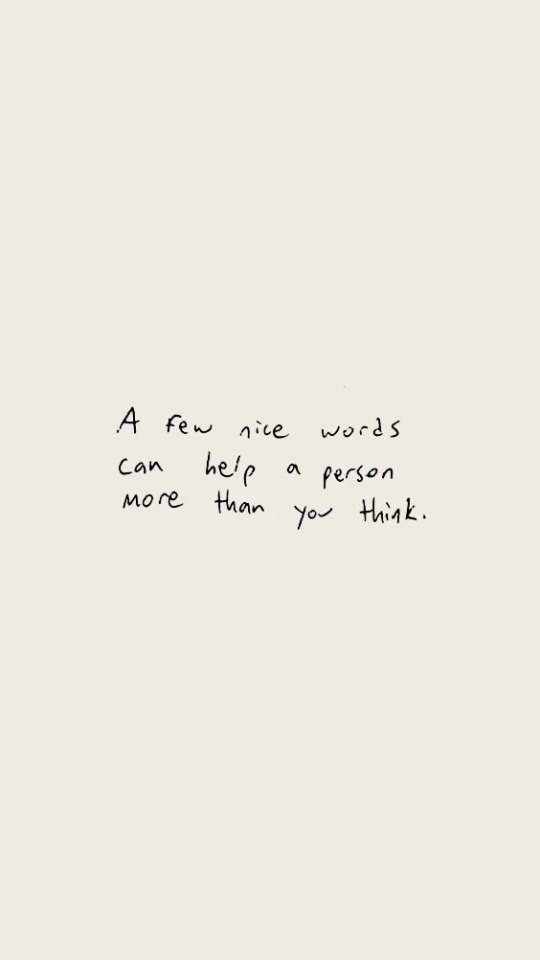“In the dark times
Will there also be singing?
Yes, there will also be singing
About the dark times.”
- Bertolt Brecht, motto from the Svendborg Poems.
Category: words
the-inspiring-quotes:
“The only thing that makes life possible is permanent, intolerable uncertainty: not knowing what…”
“The only thing that makes life possible is permanent, intolerable uncertainty: not knowing what comes next.”
- Ursula K. Le Guin, The Left Hand of Darkness.
- Ursula K. Le Guin, The Left Hand of Darkness.
“Indeed Bilbo found he had lost more than spoons – he had lost his reputation. It is true that for…”
“Indeed Bilbo found he had lost more than spoons - he had lost his reputation. It is true that for ever after he remained an elf-friend, and had the honour of dwarves, wizards, and all such folk as ever passed that way; but he was no longer quite respectable. He was in fact held by all the hobbits of the neighbourhood to be ‘queer’- except by his nephews and nieces on the Took side, but even they were not encouraged in their friendship by their elders. I am sorry to say he did not mind. He was quite content; and the sound of the kettle on his hearth was ever after more musical than it had been even in the quiet days before the Unexpected Party. His sword he hung over the mantelpiece. His coat of mail was arranged on a stand in the hall (until he lent it to a Museum). His gold and silver was largely spent in presents, both useful and extravagant - which to a certain extent accounts for the affection of his nephews and his nieces. His magic ring he kept a great secret, for he chiefly used it when unpleasant callers came. He took to writing poetry and visiting the elves; and though many shook their heads and touched their foreheads and said “Poor old Baggins!” and though few believed any of his tales, he remained very happy to the end of his days, and those were extraordinarily long.”
- J.R.R. Tolkien, The Hobbit.
- J.R.R. Tolkien, The Hobbit.
“October extinguished itself in a rush of howling winds and driving rain and November arrived, cold…”
“October extinguished itself in a rush of howling winds and driving rain and November arrived, cold as frozen iron, with hard frosts every morning and icy draughts that bit at exposed hands and faces.”
- J.K. Rowling, Harry Potter and the Order of the Phoenix.
- J.K. Rowling, Harry Potter and the Order of the Phoenix.
“Loki was interested in things because he was interested in them, and in the way they were in the…”
“Loki was interested in things because he was interested in them, and in the way they were in the world. He was neither kind nor gentle, not anyway when he inhabited the world of myth. In the folktales he was a fire demon, mostly benign, providing warmth for hearths and ovens. In the world of Asgard he was smiling and reckless, a forest fire devouring what stood in its path.”
- A. S. Byatt, Ragnarok: The End Of The Gods.
- A. S. Byatt, Ragnarok: The End Of The Gods.
“He had never before been quite so acutely aware of the particular quality and function of November,…”
“He had never before been quite so acutely aware of the particular quality and function of November, its ripeness and its hushed sadness.”
- Ellis Peters, Brother Cadfael’s Penance.
- Ellis Peters, Brother Cadfael’s Penance.
“I’m so glad I live in a world where there are Octobers.”
“I’m so glad I live in a world where there are Octobers.”
- L.M. Montgomery, Anne of Green Gables.
- L.M. Montgomery, Anne of Green Gables.
“[But he had not brought anything.] His hands were empty, as they had always been.”
“[But he had not brought anything.] His hands were empty, as they had always been.”
- Ursula K. Le Guin, The Dispossessed.
- Ursula K. Le Guin, The Dispossessed.
“What [the teachers] did sell was invisible things. And after they’d sold what they had, they still…”
“What [the teachers] did sell was invisible things. And after they’d sold what they had, they still had it. They sold what everyone needed but often didn’t want. They sold the key to the universe to people who didn’t even know it was locked.”
- Terry Pratchett, The Wee Free Men.
- Terry Pratchett, The Wee Free Men.
